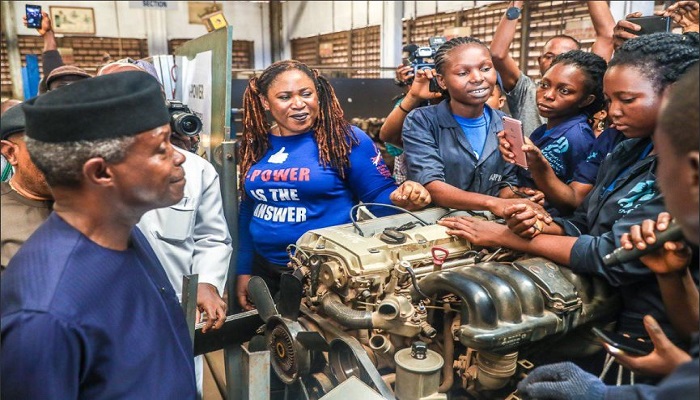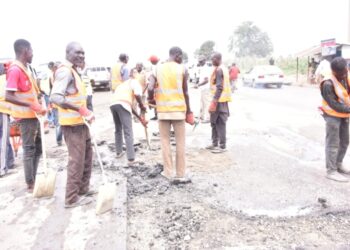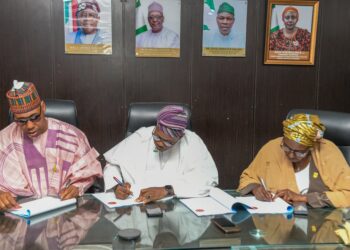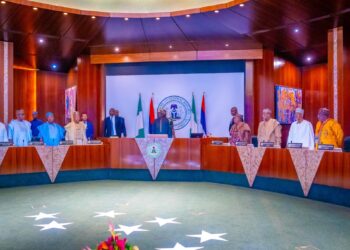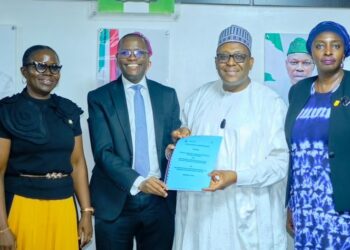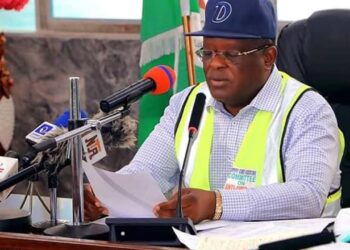The Federal Government recently disclosed plans to widen the scope of its N-Power programme. Vice President Yemi Osinbajo made this known in Enugu during the formal launch of N-Power Build.
“The programme will be expanded, enriched, made bigger and better and we will improve the welfare of those in the programme.You can be sure that we are going to see this programme through. We are going to continue the programme. We are not going to stop it.
N-Power Build is an accelerated training and certification (Skills to Job) programme that will engage and train 75,000 young unemployed Nigerians in order to build a new crop of skilled and highly competent workforce of technicians, artisans and service professionals.
Focus industries include Building Services, Construction, Built Environmental Services, Utilities, Automotive, and Aluminium and Gas
The Vice President’s statement could thus infer an even bigger recruitment in the next phase. Under the first phase in June 2016, 200,000 youths were employed. 300,000 youths were admitted in the second phase of the programme.
Who benefits?
Expanding the programme means more employment for Nigeria’s teeming youths. Data from the National Bureau of Statistics (NBS) show the unemployment rate was 18% as at Q3 2017.
Combined unemployment and underemployment for the youth bracket (15-34) was 52.65% or 22.64 million. 10.6 million youths were unemployed, while 11.68 million were underemployed.
Increased training and job opportunities mean better skills. This, in turn, translates to higher earnings and increase purchasing power. Economic activities in the country are thus enhanced.
About N-Power
N-Power was launched in June 2016 by the Muhammadu Buhari administration as part of its Social Investment Programmes.
N-Power programmes are divided into two broad categories: Graduate and Non-Graduate.
Graduate programmes are divided into N-Power health, N-Power Agro, N-Power Teach and N-Power tax.
Programmes in the Non-Graduate category include N-Power Knowledge and N-Power Build.

